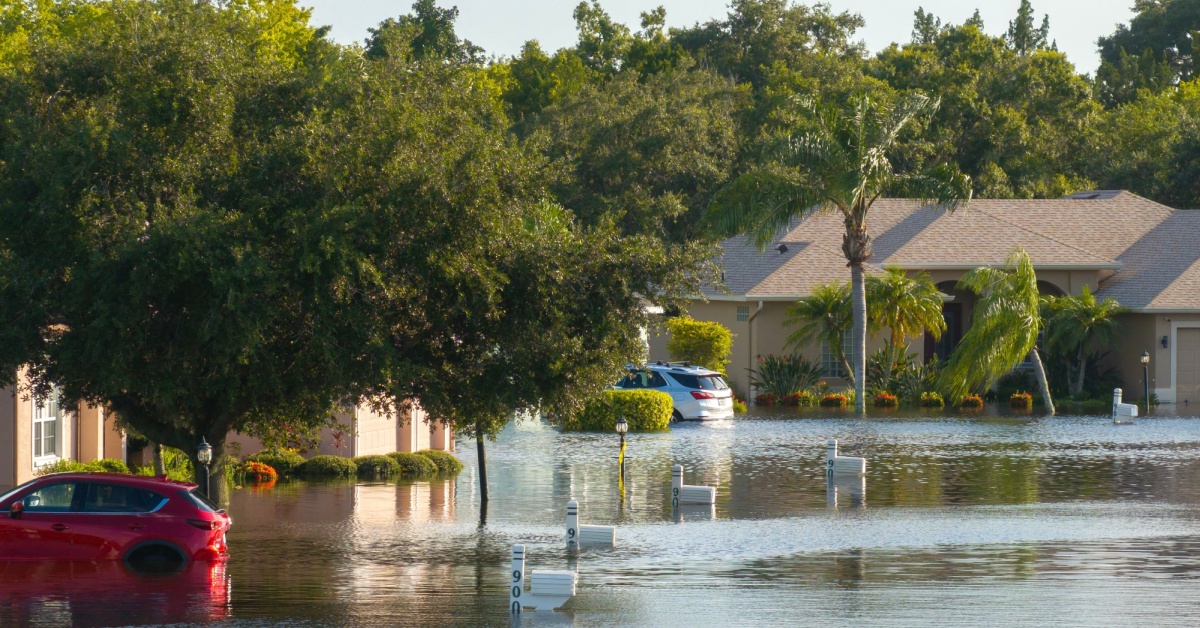Flooding can pose serious risks to homes and HVAC systems, especially in flood-prone areas like coastal Florida. With climate change driving more intense storms and rising water levels, taking preventive measures to safeguard your heating and cooling systems has never been more critical. Abel Air & Heat, your trusted HVAC specialist in Englewood, Florida, is here to help you prepare and protect your system from potential flood damage.
Why Flooding Poses a Risk to HVAC Systems
Floodwaters often carry dirt, debris, and bacteria, which can clog and damage your outdoor unit. If water infiltrates your indoor system while it’s running, it can lead to severe electrical damage. Repairing or replacing an HVAC system damaged by flooding is expensive, and most warranties or homeowners’ insurance policies won’t cover flood-related issues unless you have specific flood insurance.
Steps to Protect Your HVAC System from Flooding
Turn Off Your HVAC System During Floods
When floodwaters rise near your property, switch off your air conditioner at the circuit breaker. This prevents electrical damage and ensures your safety.
Protecting Your Outdoor Unit
- Elevate the Unit: In areas prone to flooding, elevate your outdoor AC condenser or heat pump on a higher concrete pad or platform. A licensed HVAC technician, like those at Abel Air & Heat, can safely install this setup.
Relocating Your HVAC System
In high-risk flood zones, consider relocating your HVAC system to safer areas:
- Outdoor Units: Move the unit to a higher elevation or an uphill location.
- Indoor Components: Place indoor equipment on the second floor or in the attic. Relocation involves ductwork, electrical wiring, and drainage pipe adjustments and should only be done by a professional HVAC team like Abel Air & Heat.
What to Do If Your HVAC System Floods
If your outdoor or indoor system has been exposed to floodwaters:
- Do Not Turn It On: Operating a flooded system can worsen the damage and pose safety risks.
- Contact Abel Air & Heat for Inspection: Our technicians will assess the damage, clean and disinfect the equipment, and recommend repairs or replacements if necessary.
Schedule Your Service Today
Protect your investment by preparing your HVAC system for flood risks. Contact Abel Air & Heat in Englewood, Florida, today to schedule a consultation or learn more about Trane products designed for durability and efficiency.



